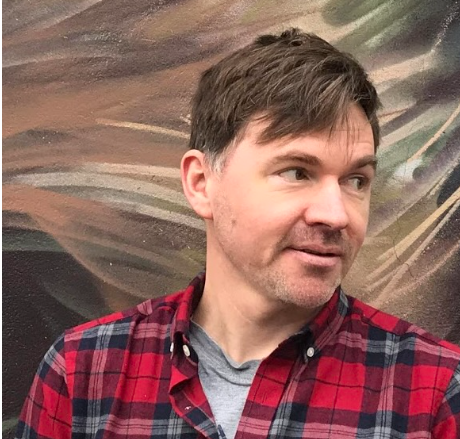The metaphorical father of modern psychotherapy was Sigmund Freud. Influenced by the zeitgeist of his time, Frued drew heavily upon technological metaphors. Hence ‘psychodynamic theory’ as a carry over from the thermodynamics of steam-engines and a psychological lexicon of ‘parts’ and ‘object relations’, ‘resistances’ and cathartic ‘release’. While a more relational and empathic stance towards the client has evolved, the basic premise of psychological objects and the forces between them remains a largely unaltered theoretical understanding across many orientations and yet given human beings are not machines, this workshop explores the limitations of technological metaphors alongside the benefits of ecological metaphors as a basis for practice.
This workshop introduces recent work integrating psychotherapy with contemporary scientific paradigms based upon ecological metaphors drawn from the modelling weather patterns, lightning pathways and the beatings of the human heart. A metaphorical ground which will be shown to provide a theoretical framework and practical basis for working with those recognisable but perhaps overlooked aspects of psychotherapeutic experience: the irregular, unexpected and seemingly chaotic imaginings that often point the way to creative process, healing and transformation.
Course Content
Presenter

Allan Frater is a UKCP psychotherapist and supervisor in private practice. He has taught at the Psychosynthesis Trust in London since 2011, on the Foundation and Diploma courses as well as CPD events related to his research interests in imagination, ecopsychology and transpersonal psychology. His book ‘Waking Dreams: Imagination in Psychotherapy & Everyday Life’ (2021, Transpersonal Press) presented a critical development of standard approaches to ‘active imagination’ and ‘guided imagery’, incorporating paradigm shifting ideas and methods from ecopsychology, complexity theory, fractal geometry and transpersonal psychotherapy. He lives in London with his wife and a three-legged dog called Milly.


